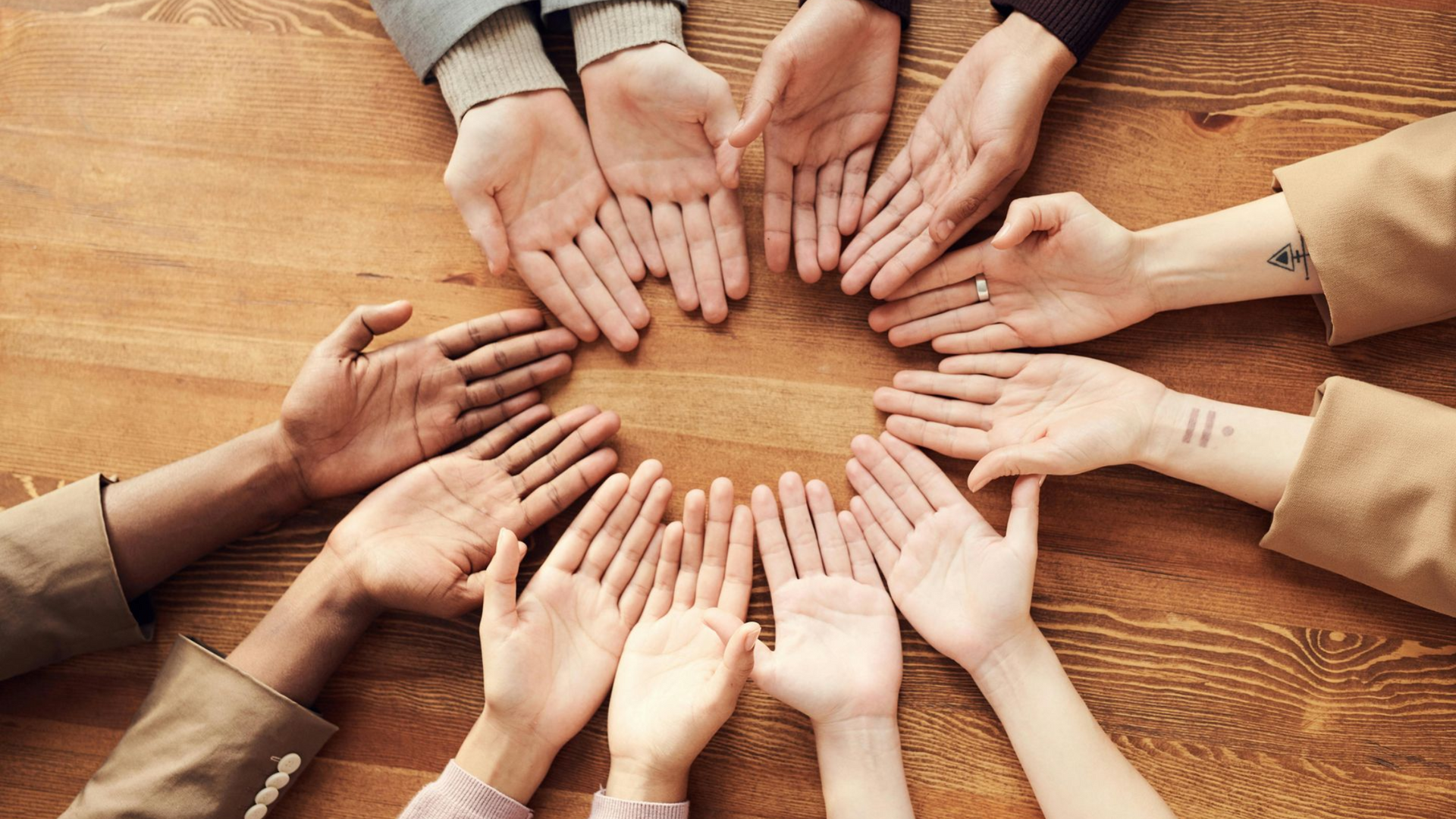The Power of “I’m Sorry” — Even When It’s Hard
The Power of “I’m Sorry” — Even When It’s Hard
There’s something deeply human about making mistakes. No one gets it right all the time. We hurt each other. We speak too quickly. We forget to listen. We act out of fear, stress, ego, or simply not knowing better at the time. It’s part of being imperfect—and it’s also part of being in relationships with others.
That’s where “I’m sorry” comes in.
A genuine apology isn’t just about smoothing things over. It’s not a way to erase what happened or instantly heal the pain. It’s about taking ownership. Saying “I’m sorry” means acknowledging that your words or actions had an impact—intended or not. It means being willing to be vulnerable enough to admit you were wrong, or at least that you could’ve done better.
But here’s the thing: even when your apology is heartfelt, you don’t get to control the other person’s response. They may need time. They may not be ready to accept your apology. They may still be hurt or angry, or they may need to rebuild trust at their own pace. And that’s okay.
Apologizing isn’t a transaction; it’s a step toward accountability. It’s a choice to value the relationship, to honor the humanity in yourself and the other person. It’s not weakness—it’s courage.
And don’t forget—sometimes the person you most need to apologize to is yourself.
We’re often our own harshest critics. We replay our mistakes in our heads, holding on to guilt or shame long after others have moved on. But forgiveness isn’t only about others—it’s about making peace with yourself, too. That means acknowledging your flaws, learning from them, and giving yourself permission to grow. You’re allowed to be a work in progress.
This is where coaching can be incredibly powerful. As a coach, I can help you untangle the story you’re telling yourself about the mistake—where it came from, what it means, and what you can do differently moving forward. Coaching creates space to hold both accountability and compassion. It supports you in finding clarity, in reconnecting with your values, and in making aligned choices going forward.
In a world that often encourages pride, defensiveness, or perfectionism, let’s normalize the courage it takes to say “I messed up. I’m sorry.” Let’s also honor the space people may need to process it. And let’s not forget to turn that same grace inward.
Because we’re all learning. We’re all growing. And we’re all better when we give ourselves—and each other—the room to do both.













